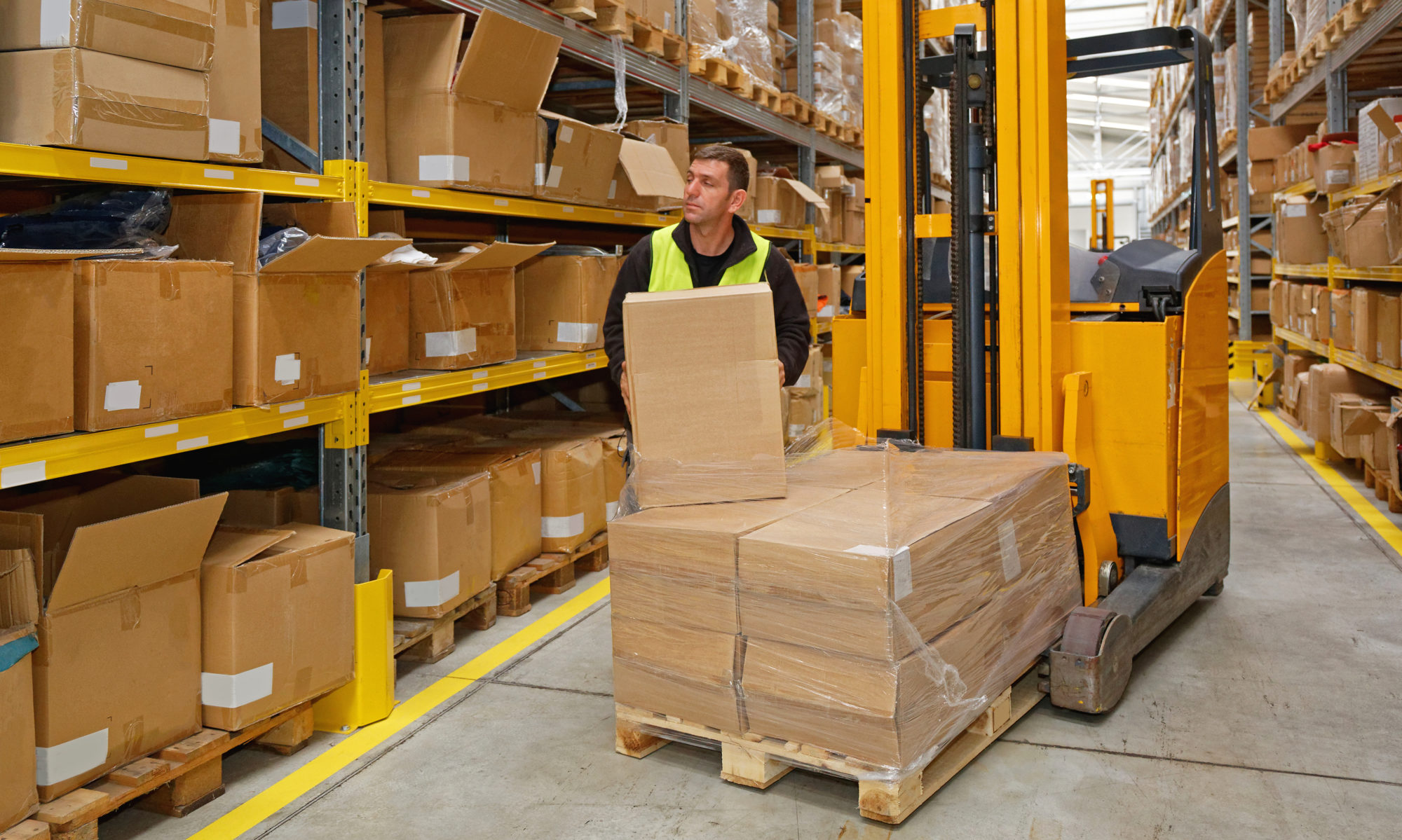Introduction to the Importance of Efficient Supply Chain Management for E-commerce Businesses
Running a successful e-commerce business isn’t just about having a great product and a user-friendly website. Efficient supply chain management is the backbone of any thriving online store. Imagine having the best products but failing to deliver them on time—customers won’t stick around for long. For small business owners, this aspect can make or break your venture. Our expert 3PL staff will guide you through the essential tips on how to scale your e-commerce business effectively with a 3PL Partner.
Efficient supply chain management ensures your products get to customers quickly and reliably. It minimizes delays and keeps operational costs low, directly impacting your profit margins. Many small businesses struggle with handling logistics on their own, leading to missed opportunities and dissatisfied customers. That’s where a 3PL partner comes into play.
By the end of this post, you’ll understand the critical role a 3PL partner plays in e-commerce scaling, how to select the right one, and best practices for integrating them into your business operations. You’ll also hear from real-life businesses that have successfully scaled using a 3PL partner.
Understanding the Role of a 3PL Partner in E-commerce Scaling
A 3PL partner specializes in outsourcing logistics activities like warehousing, fulfillment, and transportation. For small e-commerce businesses, managing these tasks in-house can be daunting and costly. A 3PL provider takes these burdens off your shoulders, allowing you to focus on core business activities like marketing and product development.
One of the primary roles of a 3PL partner is to streamline your supply chain processes. They offer advanced technology solutions for inventory management, order processing, and shipping. By leveraging their expertise, you can significantly reduce operational inefficiencies and improve customer satisfaction.
Furthermore, a 3PL partner provides scalable solutions that grow with your business. Whether you’re experiencing seasonal spikes or planning a long-term expansion, they can adjust their services accordingly. This flexibility is crucial for small businesses aiming to scale without breaking the bank.
Criteria for Selecting the Right 3PL Partner for Your Business
Choosing the right 3PL partner is a decision that requires careful consideration. Start by evaluating your specific business needs. Are you looking for warehousing solutions, or do you need comprehensive logistics services? Clearly defining your requirements will help you find a 3PL provider that aligns with your goals.
Assess the 3PL provider’s experience and reputation in the industry. Look for reviews and testimonials from other e-commerce businesses. A reputable 3PL partner will have a proven track record of helping businesses scale efficiently.
Tips and Best Practices for Integrating with a 3PL Partner
Integrating a 3PL partner into your business requires strategic planning and execution. Start by setting clear expectations and communication channels. Regular meetings and updates ensure both parties are aligned and working towards the same goals.
Next, focus on data integration. Seamlessly connecting your e-commerce platform with the 3PL provider’s systems is crucial for smooth operations. This integration allows for real-time inventory updates, order processing, and shipment tracking, enhancing overall efficiency.
Finally, continuously monitor and evaluate the 3PL partner’s performance. Use key performance indicators (KPIs) like order accuracy, delivery times, and customer satisfaction to assess their effectiveness. Regular reviews and feedback sessions help identify areas for improvement and ensure the partnership remains beneficial.
Conclusion and Next Steps for Businesses Looking to Scale with a 3PL Partner
Scaling an e-commerce business is no small feat, but with the right 3PL partner, it becomes a manageable and rewarding endeavor. Efficient supply chain management is crucial for maintaining customer satisfaction and driving growth. By outsourcing logistics to a specialized provider, you can focus on core business activities and leverage advanced technologies to optimize operations.
If you’re ready to take the next step in scaling your e-commerce business, contact Medallion Fulfillment as your 3PL partner today. Evaluate our capabilities, assess our technology solutions, and look at our testimonials. A well-chosen 3PL partner can be the catalyst for your business’s growth and success.





